How Much Data Does Policy Making in Nigeria Need?
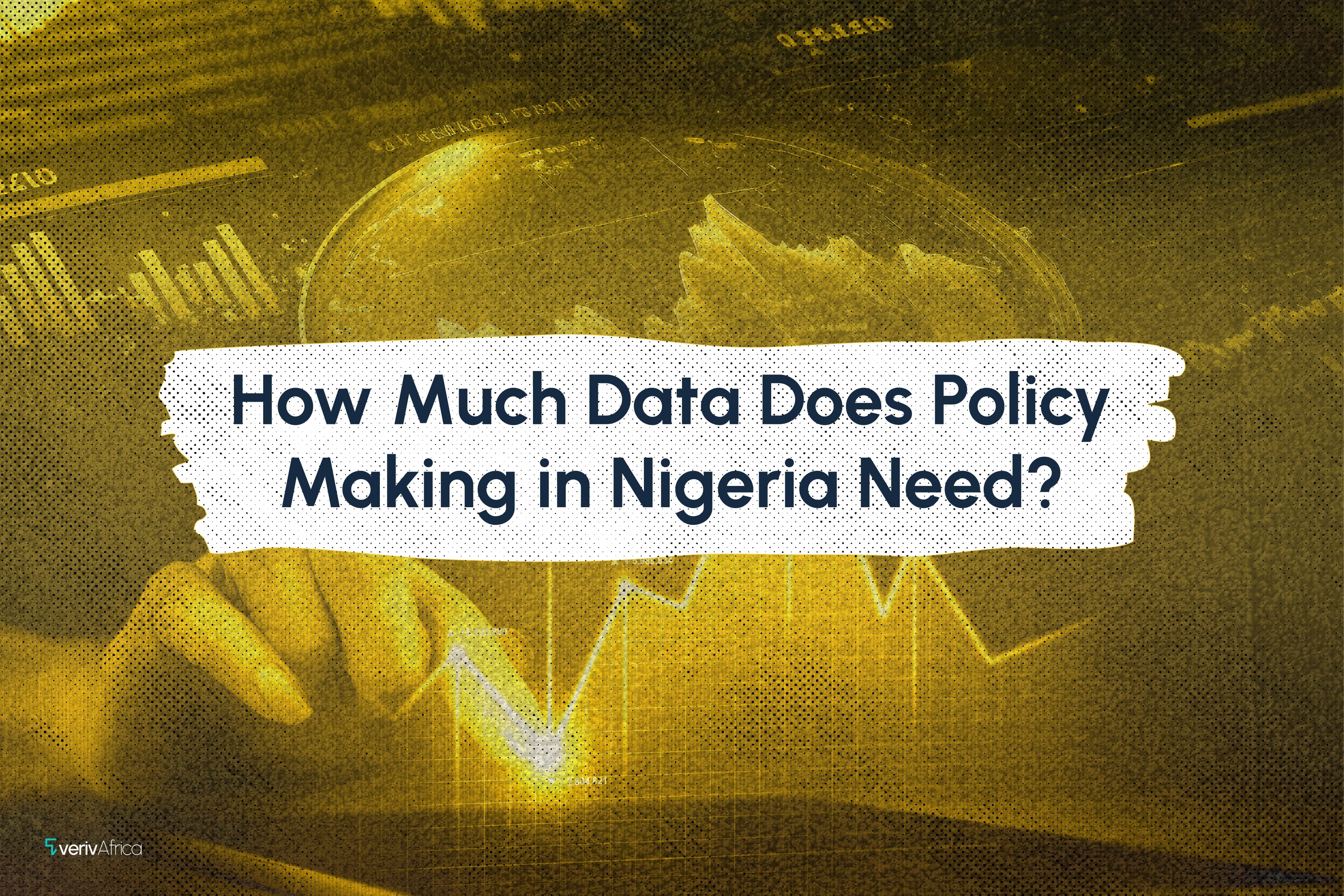
Data-driven decision-making has become a vital discussion in policymaking. To formulate policies that are both effective and influential, policymakers require access to data that is precise, dependable, and exhaustive. Still, how much data is sufficient? The informational requirements of policymakers may exhibit significant variation in a nation like Nigeria, characterised by a dynamic social environment, a diverse economy, and a swiftly expanding population. The extent of data that would be needed could range from health, education and even economic development.
Nigeria’s Data Problem
Significant policymaking is bedrocked by good data. With Nigeria‘s population projected to reach 400 million by 2050, there is a need to take data seriously for effective policymaking. At the core of Nigeria’s data problem is the problem of financing. The Nigerian Bureau of Statistics (NBS), Nigeria’s data house, is barely funded. In addition, the efficiency of the data released is a source of concern. The NBS is known for providing data for a previous quarter at the end of the next quarter. This inefficiency is detrimental to data-based policy-making in Nigeria.
The manipulation of statistics to further political agenda is a roadblock to the efficiency and integrity of data provided by Nigerian institutions. Data has been the subject of numerous controversies ever since the independence of Nigeria. Controversies have arisen regarding the accuracy of population figures utilised for federal allocation, as well as the manipulation of election figures for the interest of politicians.
Nigerian policymakers have been known to be adverse to statistics. This disregard has made policymaking in Nigeria a venture based on the policymaker's interests without data backing. Some policies are also rejected based on bias, regardless of the data provided.
Bridging the gap in data and policymaking in Nigeria is now being done by independent bodies and organisations who can afford the data collection and analysis processes. In the entrepreneurship and macroeconomic sphere, the FATE Institute, the research and policy arm of the FATE foundation, does a yearly review of the State of Entrepreneurship in Nigeria, including a taxation report. The organisation has consistently engaged stakeholders in driving data-based policy-making through its annual policy dialogue session. Organisations like Budgit release quarterly publications on government budgets and spending, and Civic Hive provides live data and updates on the election, to mention a few.
The Need for Data in Policymaking
The importance of data in policymaking must be considered. Data-driven policymaking is essential for government institutions to plan, evaluate and monitor development projects.
There is proof of successful data-based policymaking in Africa. Zambia used geospatial data to advance urban planning. By integrating this information with census and land administrative data, the Zambian government and the Ministry of Lands can now identify informal settlements that were hitherto undetectable through conventional data methods.
In 2021, when 1.7 million Nigeriens were estimated to be food insecure, the government implored a data-driven approach with various partners, including the United Nations Development Programme, to figure out how farmers can ramp up production. They integrated remotely sensed, biophysical, and climatic data to refine their investigation of eighteen villages and produce valuable insights to guide farmers in future crop production endeavours.
Data regarding resource allocations and collaboration coordination among various agencies and stakeholders inform policymakers. Predictive analytics are not absent from data-driven policymaking; they are utilised to forecast future trends and anticipate potential obstacles. With the support of data and analytics, policy actions will not only save time and resources but also increase political support and demonstrate a more significant impact. Data must back policy actions to provide a clear-cut road for accountability and transparency in Nigeria.
How Much Data Does Policy Making in Nigeria Need?
There is no definite answer to this question. The amount of data necessary is contingent upon many factors, encompassing the particular policy concern, the requisite degree of precision, and the available resources. A significant problem is that Nigeria has not conducted a population census in over a decade. The United Nations has also posited some recommendations on population census data, one of which is that “member states should conduct at least one population and housing census from 2015 to 2024’.” At present, the exact population of Nigeria remains uncertain, with the 2006 census placing the country's population at 140 million. In light of the recent increase in population, the United Nations and other pertinent international organisations have contested the recent figures.
With Nigeria’s population growth predicted to be at 377 million by 2050, reducing data to the most fundamental level feasible, such as the constituency or local government level, is more important than ever to increase its effectiveness and precision. As much as data is broken down in the best possible way, it must be more accessible to policymakers and researchers for effective policymaking.
In conclusion, we can never say how much data is required for policymaking in Nigeria. However, we know that the data needed should be accessible and integrated to inform evidence-based policymaking. With the necessary data, Nigeria's potential for development can be advanced, and the well-being of its citizens can be fostered.
References
Julius Ogunro, Nigeria’s Population Time Bomb, The Cable, February 23 2023. https://www.thecable.ng/nigerias-population-time-bomb/
Ode Uduu, It’s Time to Rethink Data Inadequacies and Weak Policies in Nigeria, June 7, 2020, Dataphyte. https://www.dataphyte.com/latest-reports/development/its-time-rethink-data-inadequacy-and-weak-policies-in-nigeria/
Dakuku Peterside, The Politics of Statistics in Nigeria, November 6, 2023, The Cable. https://www.thecable.ng/politics-of-statistics-in-nigeria/
Turning Data to Policy, Data to Policy Navigator, https://www.datatopolicy.org/navigator/turn-data-into-policy#:~:text=As%20an%20advantage%20of%20implementing,addressing%20connected%20issues%20and%20challenges.
World Population and Housing Census Programme, the United Nations Statistics Division UNSD — Demographic and Social Statistics
Similar Insights
View All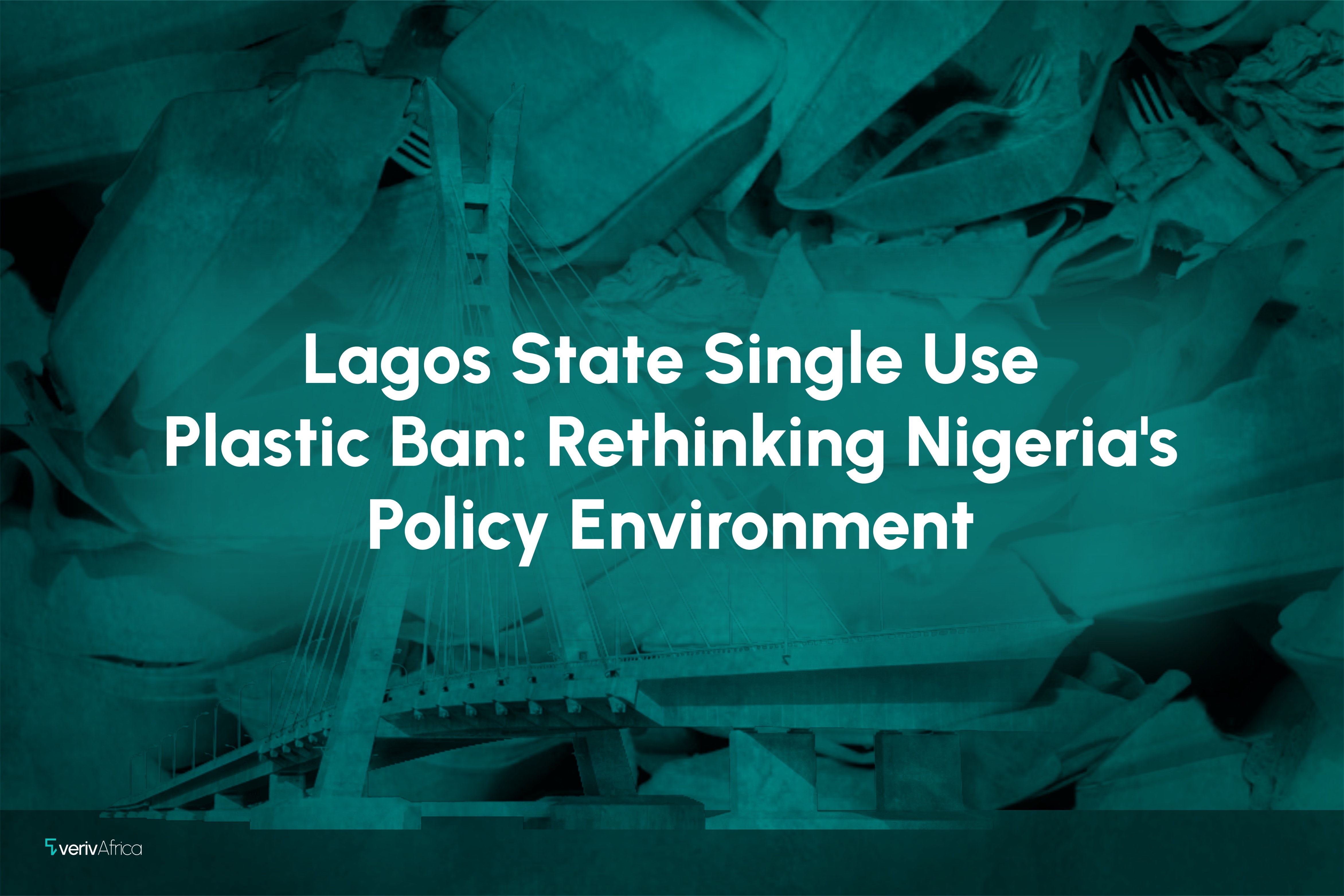
Lagos State Single Use Plastic Ban: Rethinking Nigeria's Policy Environment
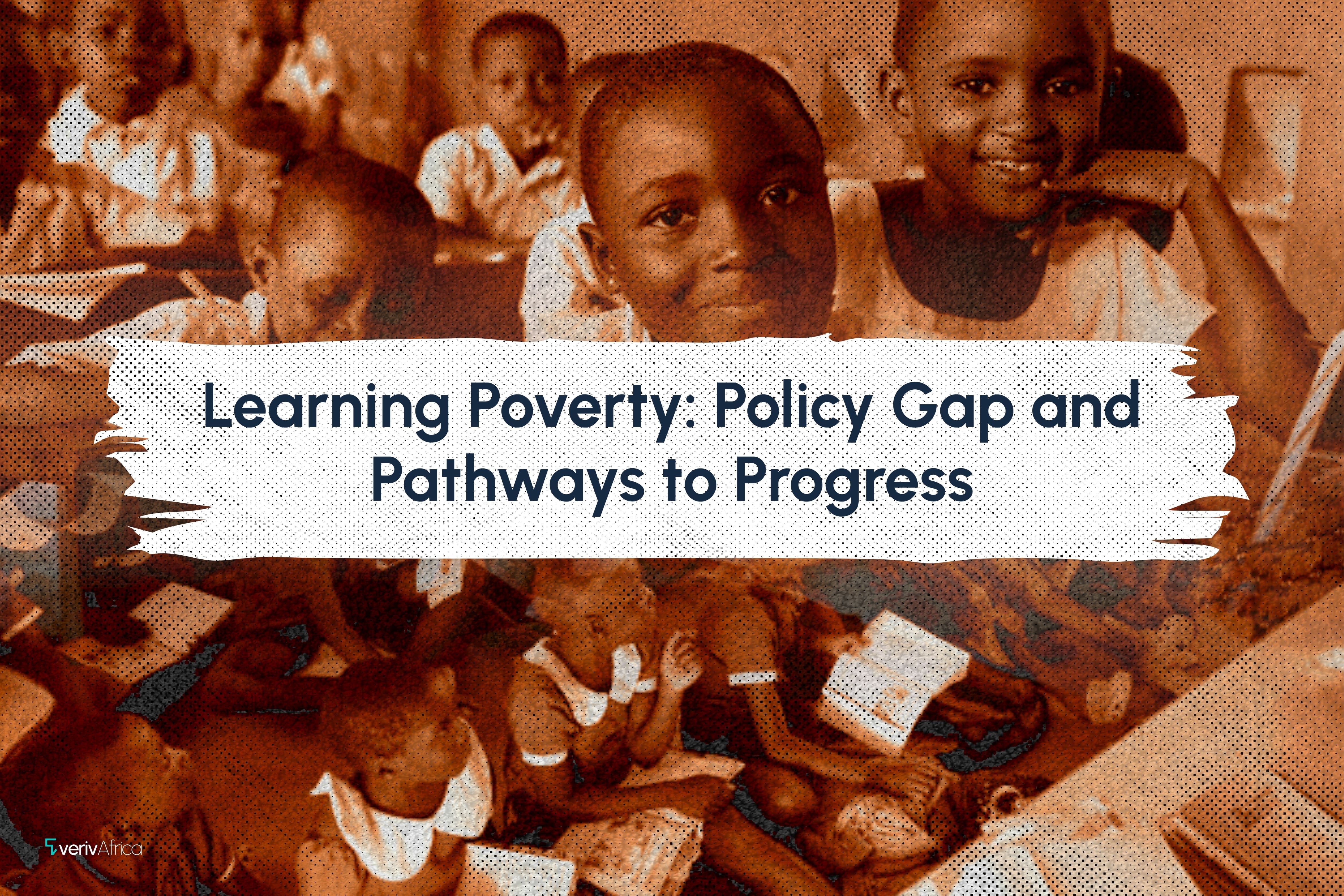
Learning Poverty: Policy Gap and Pathways to Progress

A Data-Driven Argument for State Police in Nigeria

The Kidnap For Ransom Industry In Nigeria: A Breakdown

How to Make the Nigeria Startup Act Work
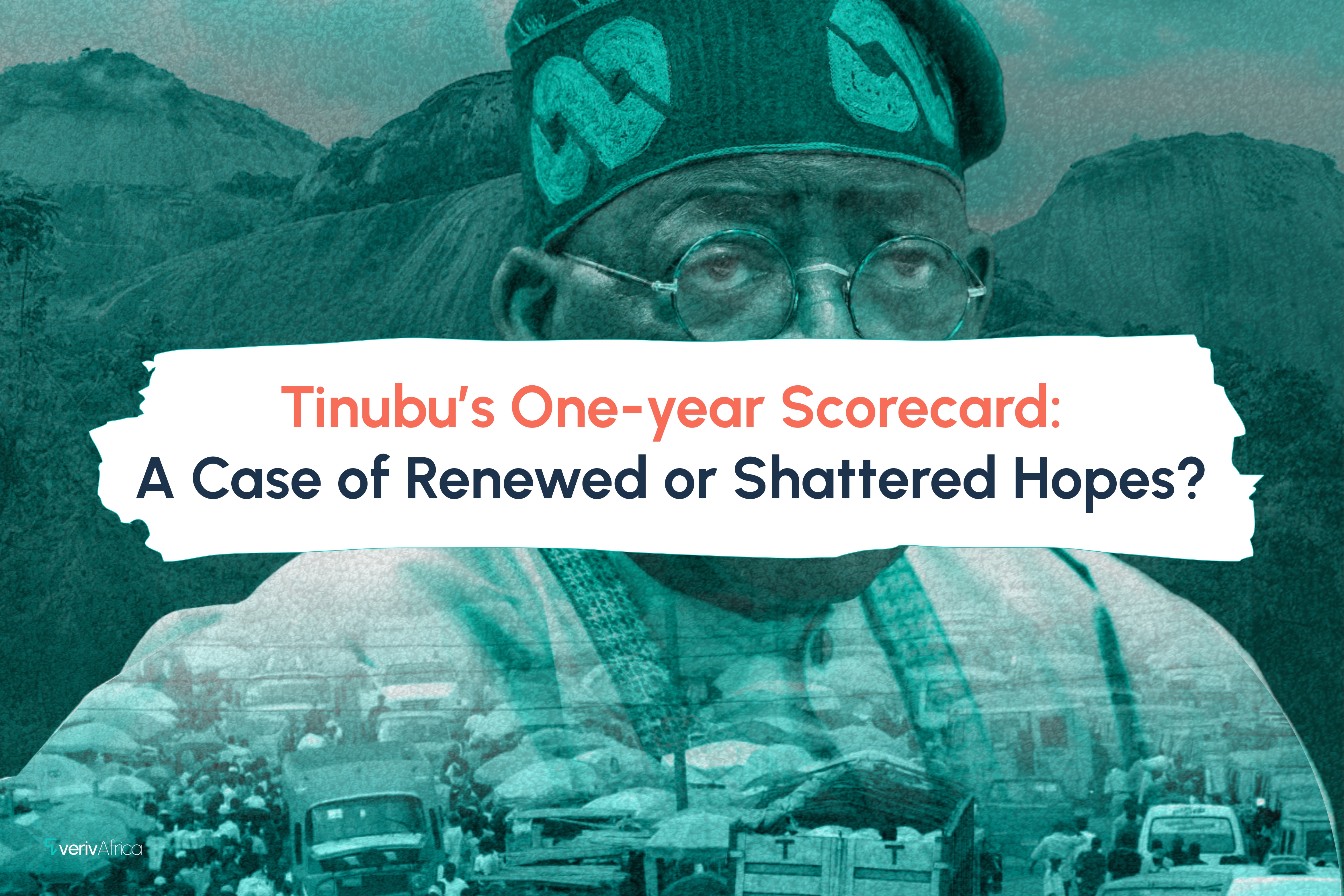
Tinubu’s One-year Scorecard: A Case of Renewed or Shattered Hopes?
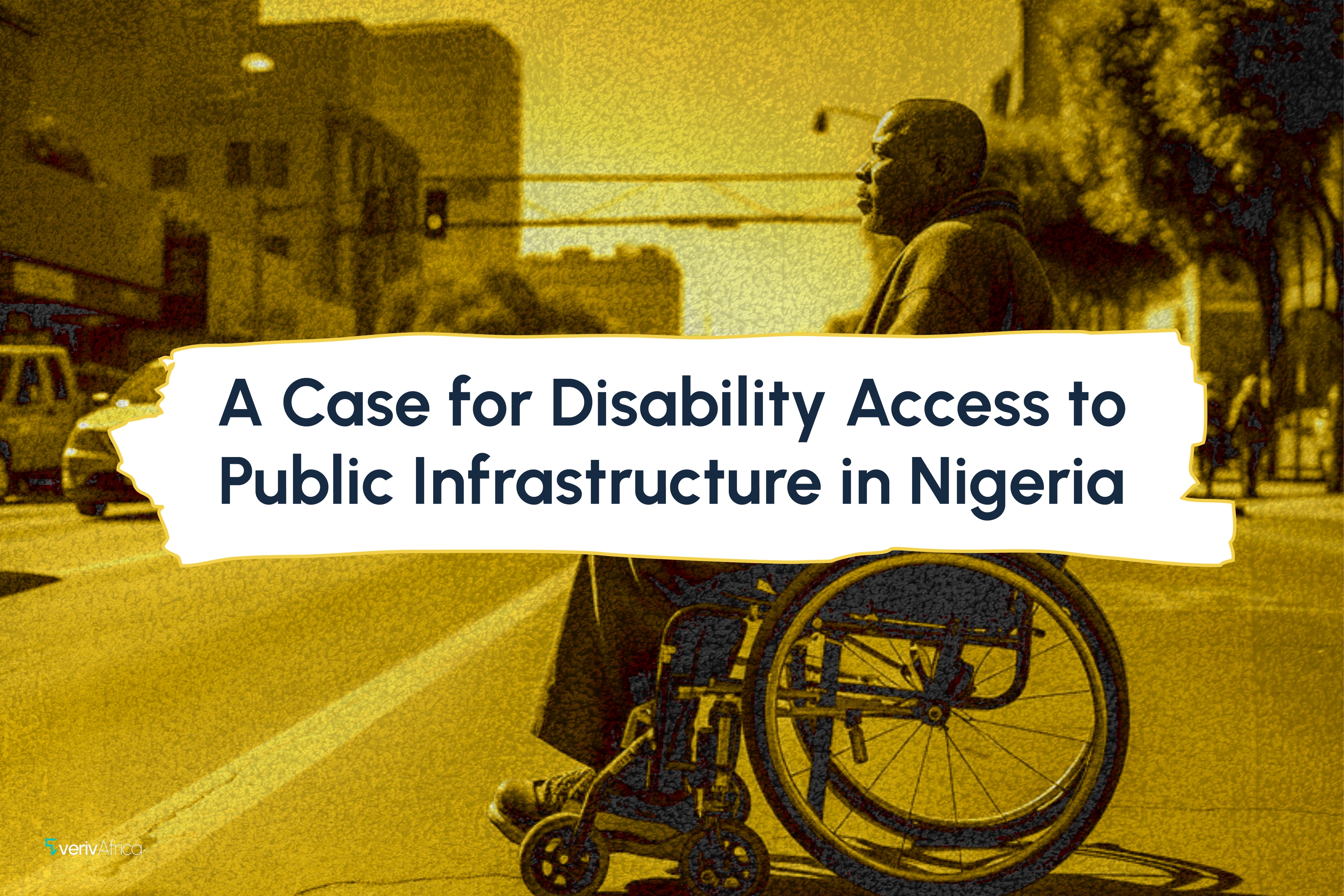
A Case for Disability Access to Public Infrastructure in Nigeria
Don't miss out!
Our subscribers receive firsthand updates on our recent content. We hope you become one, too.
It's free, so why not?

